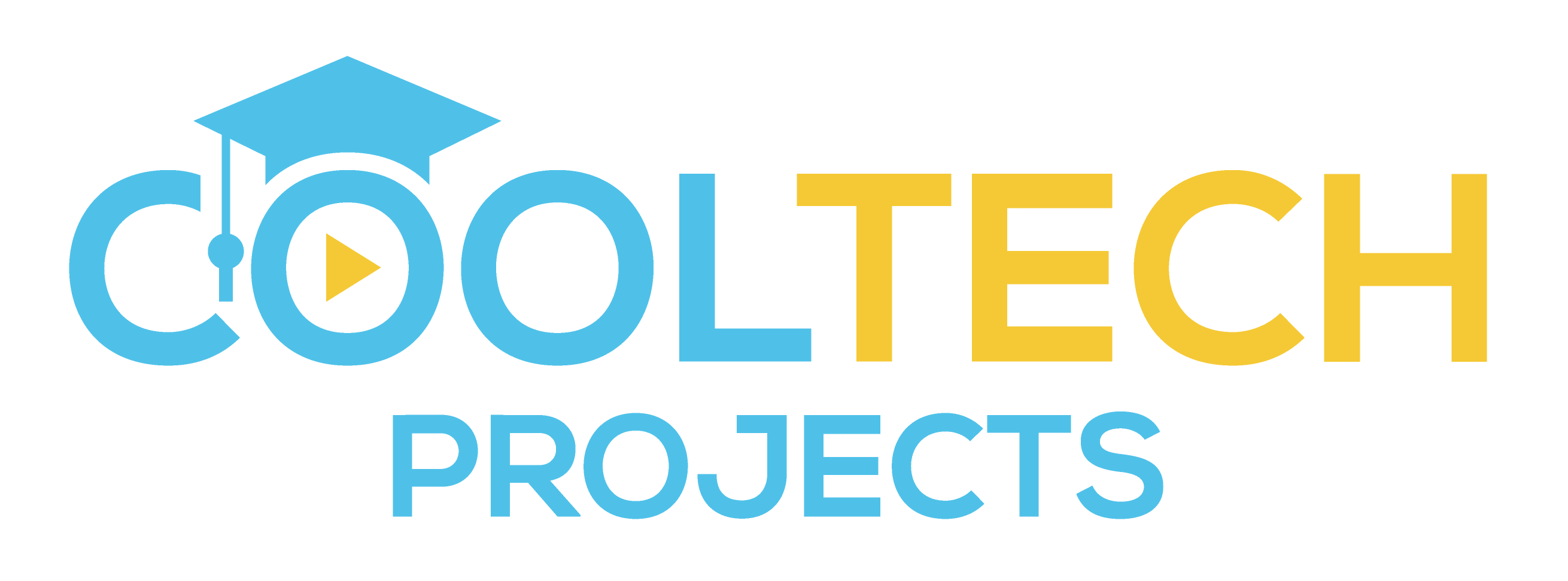Join Our Team as an Instructor
Share Your Expertise and Inspire Others
Are you a subject-matter expert eager to make an impact? Join our dynamic team of instructors and help shape the future of education. Whether you’re a seasoned professional or a passionate enthusiast, we welcome your expertise. Together, we can empower learners and transform lives. Apply now and embark on a rewarding journey with us.

How to become a teacher
Becoming an Educator: Your Path to Teaching Excellence
Please login to send your request!
To become an instructor, you can follow these steps:
Gain Expertise:
Develop in-depth knowledge and expertise in the subject or field you want to teach. This may involve earning relevant degrees or certifications.
Identify Your Niche:
Determine the specific topics or subjects within your field where you excel and can provide valuable instruction.
Create Course Content:
Develop well-structured course content, including lesson plans, assignments, and any necessary materials.
Apply:
You can apply in our website for getting approval as a Instructor.
Engage with Students:
Interact with your students, provide feedback, and be responsive to their needs and questions.
Continuously Improve:
Keep refining your courses and teaching methods based on feedback and evolving industry trends.
Be Patient and Persistent:
Building a successful career as an instructor takes time and effort. Stay committed to your passion for teaching and adapt to the needs of your students. Remember, becoming an instructor is a fulfilling journey that allows you to share your knowledge and make a positive impact on the lives of learners.
Gain Expertise:
Develop in-depth knowledge and expertise in the subject or field you want to teach. This may involve earning relevant degrees or certifications.
Identify Your Niche:
Determine the specific topics or subjects within your field where you excel and can provide valuable instruction.
Create Course Content:
Develop well-structured course content, including lesson plans, assignments, and any necessary materials.
Apply:
You can apply in our website for getting approval as a Instructor.
Engage with Students:
Interact with your students, provide feedback, and be responsive to their needs and questions.
Continuously Improve:
Keep refining your courses and teaching methods based on feedback and evolving industry trends.
Be Patient and Persistent:
Building a successful career as an instructor takes time and effort. Stay committed to your passion for teaching and adapt to the needs of your students. Remember, becoming an instructor is a fulfilling journey that allows you to share your knowledge and make a positive impact on the lives of learners.
As an instructor, you play a crucial role in facilitating the learning process and guiding your students toward achieving their educational goals. Here are some key rules and responsibilities for instructors:
Subject Matter Expertise:
You should have a deep understanding of the subject or field you are teaching and keep your knowledge up to date.
Effective Communication:
Clearly convey information to your students through lectures, discussions, and written materials. Be responsive to questions and provide feedback on assignments and assessments.
Course Planning:
Develop well-structured course materials, including syllabi, lesson plans, and assignments that align with learning objectives.
Engagement:
Keep your students engaged and motivated. Encourage active participation, discussions, and collaborative learning when applicable.
Accessibility:
Be accessible to your students for questions, concerns, and additional support. Set reasonable office hours or response times.
Assessment and Feedback:
Evaluate student performance through fair and consistent assessments. Provide timely and constructive feedback to help students improve.
Adaptability:
Be flexible and adaptable in your teaching methods to accommodate diverse learning styles and address student needs.
Classroom Management:
Maintain a positive and inclusive classroom environment, ensuring that students feel comfortable and respected.
Professional Development:
Stay updated with advancements in your field and in teaching methodologies. Attend workshops and conferences, if possible.
Ethical Conduct:
Uphold ethical standards, including academic integrity, and maintain confidentiality regarding student information.
Continuous Improvement:
Reflect on your teaching practices and course outcomes, making adjustments to enhance the learning experience.
Support Student Success:
Identify struggling students and provide additional resources or referrals to support services when necessary.
Timeliness:
Be punctual with class meetings, assignments, and grading.
Innovation:
Explore new technologies and teaching tools to enhance the learning experience, when appropriate.
Professionalism:
Exhibit professionalism in your interactions with students, colleagues, and the institution you are teaching at.
Remember that being an instructor is not just about imparting knowledge; it's about inspiring and empowering students to reach their potential. Your dedication and commitment can have a significant impact on their educational journey.
Subject Matter Expertise:
You should have a deep understanding of the subject or field you are teaching and keep your knowledge up to date.
Effective Communication:
Clearly convey information to your students through lectures, discussions, and written materials. Be responsive to questions and provide feedback on assignments and assessments.
Course Planning:
Develop well-structured course materials, including syllabi, lesson plans, and assignments that align with learning objectives.
Engagement:
Keep your students engaged and motivated. Encourage active participation, discussions, and collaborative learning when applicable.
Accessibility:
Be accessible to your students for questions, concerns, and additional support. Set reasonable office hours or response times.
Assessment and Feedback:
Evaluate student performance through fair and consistent assessments. Provide timely and constructive feedback to help students improve.
Adaptability:
Be flexible and adaptable in your teaching methods to accommodate diverse learning styles and address student needs.
Classroom Management:
Maintain a positive and inclusive classroom environment, ensuring that students feel comfortable and respected.
Professional Development:
Stay updated with advancements in your field and in teaching methodologies. Attend workshops and conferences, if possible.
Ethical Conduct:
Uphold ethical standards, including academic integrity, and maintain confidentiality regarding student information.
Continuous Improvement:
Reflect on your teaching practices and course outcomes, making adjustments to enhance the learning experience.
Support Student Success:
Identify struggling students and provide additional resources or referrals to support services when necessary.
Timeliness:
Be punctual with class meetings, assignments, and grading.
Innovation:
Explore new technologies and teaching tools to enhance the learning experience, when appropriate.
Professionalism:
Exhibit professionalism in your interactions with students, colleagues, and the institution you are teaching at.
Remember that being an instructor is not just about imparting knowledge; it's about inspiring and empowering students to reach their potential. Your dedication and commitment can have a significant impact on their educational journey.
Instructors play a pivotal role in shaping the content, delivery, and overall learning experience within courses. Here are some key responsibilities and considerations related to courses:
Course Design:
Instructors are responsible for designing or contributing to the development of course curricula. This includes selecting appropriate learning materials, determining learning objectives, and structuring the course content in a coherent and engaging manner.
Syllabus Creation:
Develop a comprehensive course syllabus that outlines the course structure, schedule, grading criteria, and important policies. The syllabus serves as a guide for both you and your students.
Lesson Planning:
Plan individual lessons within the course, ensuring they align with the broader learning objectives. Lesson plans should include a clear agenda, activities, and assessments.
Material Selection:
Choose textbooks, articles, videos, and other learning resources that are relevant and beneficial for your students. Keep these materials up-to-date.
Accessibility:
Ensure that course materials are accessible to all students, including those with disabilities. This may involve providing alternative formats for content.
Assessment Methods:
Develop fair and meaningful assessment methods, such as quizzes, exams, essays, and projects, that align with learning outcomes. Consider formative assessments to gauge student progress.
Feedback:
Provide timely and constructive feedback on assignments, assessments, and student performance. Encourage a feedback loop that allows students to understand their strengths and areas for improvement.
Technology Integration:
If applicable, incorporate technology and digital tools to enhance the learning experience. Ensure that students are comfortable using any technology required for the course.
Course Evaluation:
Regularly assess the effectiveness of your course and make improvements based on student feedback and your own observations.
Effective course design and management are fundamental to creating a positive learning environment and supporting student success. Instructors must continually refine their courses to ensure they meet the needs of their students and align with their educational institution's goals.
Course Design:
Instructors are responsible for designing or contributing to the development of course curricula. This includes selecting appropriate learning materials, determining learning objectives, and structuring the course content in a coherent and engaging manner.
Syllabus Creation:
Develop a comprehensive course syllabus that outlines the course structure, schedule, grading criteria, and important policies. The syllabus serves as a guide for both you and your students.
Lesson Planning:
Plan individual lessons within the course, ensuring they align with the broader learning objectives. Lesson plans should include a clear agenda, activities, and assessments.
Material Selection:
Choose textbooks, articles, videos, and other learning resources that are relevant and beneficial for your students. Keep these materials up-to-date.
Accessibility:
Ensure that course materials are accessible to all students, including those with disabilities. This may involve providing alternative formats for content.
Assessment Methods:
Develop fair and meaningful assessment methods, such as quizzes, exams, essays, and projects, that align with learning outcomes. Consider formative assessments to gauge student progress.
Feedback:
Provide timely and constructive feedback on assignments, assessments, and student performance. Encourage a feedback loop that allows students to understand their strengths and areas for improvement.
Technology Integration:
If applicable, incorporate technology and digital tools to enhance the learning experience. Ensure that students are comfortable using any technology required for the course.
Course Evaluation:
Regularly assess the effectiveness of your course and make improvements based on student feedback and your own observations.
Effective course design and management are fundamental to creating a positive learning environment and supporting student success. Instructors must continually refine their courses to ensure they meet the needs of their students and align with their educational institution's goals.
